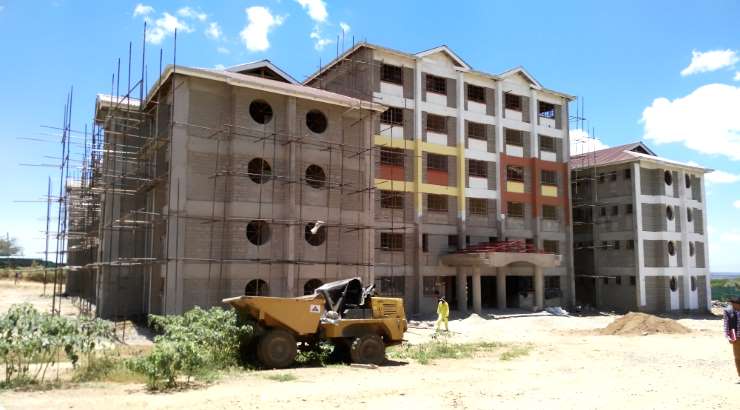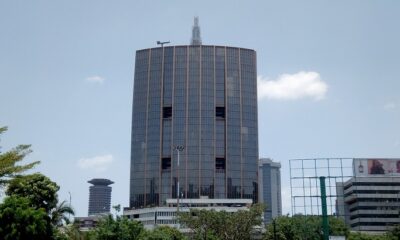Industry News
Construction growth slows amid general election jitters
Construction activity softened as some customers postponed their projects due to polls uncertainty.

The Kenyan construction sector slowed in the first quarter of 2017 as customers delayed spending decisions ahead of the August 8 General Election.
Commercial builders, civil engineers and house builders reported slow business – reflecting softer business gains as some customers postponed their projects due to polls uncertainty.
Latest official data released by the Kenya National Bureau of Statistics (KNBS) shows that the construction sector – which comprises buildings, roads and railway – expanded by 8.4 per cent in the first three months of the year compared with 10.2 per cent during a similar period last year.
Zachary Mwangi, director general of the KNBS said that although the industry had remained vibrant over the past four years, the winding down of the Mombasa-Nairobi standard gauge railway construction greatly contributed to the slowdown of the sector.
“During the first quarter of 2017, the sector recorded a slowed growth of 8.4 per cent compared to 10.2 per cent growth in a similar quarter of 2016. This was mainly as a consequence of significantly scaled-down activities of the [standard gauge railway] in the quarter under review as it neared completion,” he said.
Despite the slowdown, consumption of cement – a key measure of growth in the sector, increased by 6.1 per cent in the review period, which also posted a 19.1 and 39.0 per cent increase in the quantities of imports of cement and steel products, respectively.
Construction accounts for over 5 per cent of Kenya’s GDP. The sector grew by 13.6 per cent in 2015 compared to 13.1 per cent in 2014 driven by the civil works of the railway project.
The growth, according to the Economic Survey 2016, was “to a large extent buoyed by the development of transport infrastructure such as the continued implementation of the first phase of the standard gauge railway” and development of roads.
The latest official figures reveal a disappointing quarter for the Kenyan economy, where provisional quarterly GDP estimate fell to its worst rate in five years – 4.7 per cent.
READ: Kenya’s construction growth slows to weakest pace since 2013
The slowdown in growth was largely due to a contraction in the activities of agriculture as well as a deceleration in growth of financial intermediation and electricity supply.
“The quarter’s growth was negatively impacted on by drought that emanated from failure of the 2016 short rains and delay in the onset of the 2017 long rains. A slowdown in credit uptake also slowed economic growth during the period under review,” the KNBS report said.
Interestingly, the amount of credit extended to the construction industry grew 8 per cent in the year to March – a period when commercial banks scaled down their lending to the private businesses in favour of buying Treasury bills.
Banks have been tightening lending to the private sector, especially SMEs, since September when Kenya implemented the capping of interest rates. The drastic measures by local lenders are aimed to avert high credit risk.
The slowdown in construction did not come as a surprise to many considering that some economic analysts had predicted that the sector would be one of the major casualties of polls jitters.
According to the latest Purchasing Managers’ Index survey by Stanbic Bank and research firm HIS Markit, private sector performance deteriorated last month to post an average 47.3 below the neutral 50.0 threshold.
The monthly survey indicated that weaker business conditions were experienced by the private sector in June compared to 49.9 per cent recorded in May and the 48.5 recorded in March.
This was the lowest since the survey began in January 2014 and the third decline in the past four months.
“The private sector continues to slow down due to the political uncertainty ahead, while reduced access to credit has led to subdued domestic demand,” Stanbic’s regional economist for East Africa Jibran Qureshi said.
“Looking ahead, political uncertainty is likely to take centre stage.”
The survey is informed by monthly questionnaires sent out to 400 companies from various sectors among them construction, manufacturing, agriculture, services, and retail.












